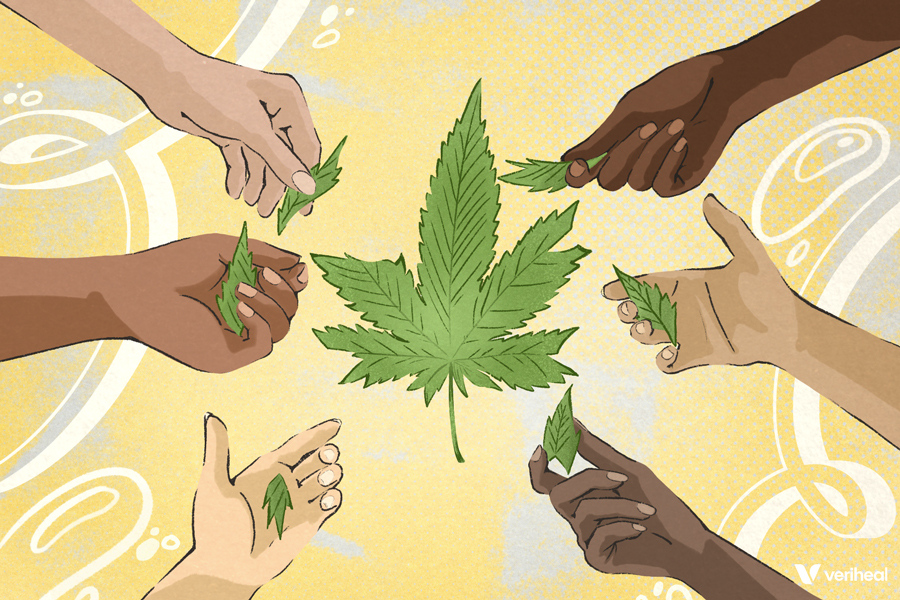Social equity aims to provide impartiality, fairness, and justice for everyone. This includes eliminating inequalities of all kinds. Social equity takes into account systemic inequalities to ensure everyone in a community has access to the same opportunities and outcomes. Social equity programs in cannabis work to promote equitable ownership and employment opportunities in the industry. This also works to decrease disparities and improve outcomes for marginalized communities.
Social Equity Programs
There are national and state social equity programs to assist those in the cannabis industry. While each state has its own regulations and requirements for cannabis licensing, whether it be cultivation, processing, or dispensing, some states have developed social equity programs to help close the gap for marginalized groups wanting to get their foot in the industry.
Because each state has its own unique cannabis market—and some states limit licenses or have social equity requirements for licenses—programs vary from state to state. Most national cannabis social equity programs are run by private entities.
State and private social equity programs help by waiving licensing fees, providing grants, discounting e-commerce software, and providing legal assistance to those impacted by previous marijuana charges. States that have social equity programs include:
- Arizona
- California
- Connecticut
- Colorado
- Illinois
- Massachusetts
- Michigan
- New Jersey
- New Mexico
- New York
- Oregon
- Virginia
- Washington
Why Do We Need Social Equity Programs?
Getting into the cannabis industry is no easy feat. The hurdles of licensing, real estate, and funding require large capital and the tools to navigate all the intricacies of the process. To provide an idea of how much money we are talking about, the average cost to start a cannabis business is $200,000 to $5,000,000. While this price changes depending on the state, operation size, license type, and licensing fee, it is a pretty penny.
Start-up fees aside, cannabis businesses are required to prove capital assets in order to gain licensure. Again, just for the bigger picture, here are a few states’ requirements:
- Arizona – $500,000 in liquid assets
- Florida – $5,000,000 performance bond submission
- Nevada – $250,000 in liquid assets
- Ohio – $250,000 in liquid assets
- Pennsylvania – $2,000,000 with $500,000 in liquid assets
For most entrepreneurs, these numbers are unattainable without large investors or social equity programs.
Areas for Improvement
Marijuana Business Daily reported in 2021 that the percentage of executive positions held by women and minorities in cannabis fell to 30% and 13%. Prior to 2021, minorities held a larger portion of executive positions in the cannabis industry compared to mainstream companies. The Black community makes up 15% of the U.S. population, but research shows that Black people own less than 2% of the country’s dispensaries and other cannabis-related businesses.
Several state and national programs also focus on helping those who have previously been charged with cannabis-related crimes, removing or decreasing the charge to allow individuals to invest and work in the cannabis industry.
Author, Share & Comments
















